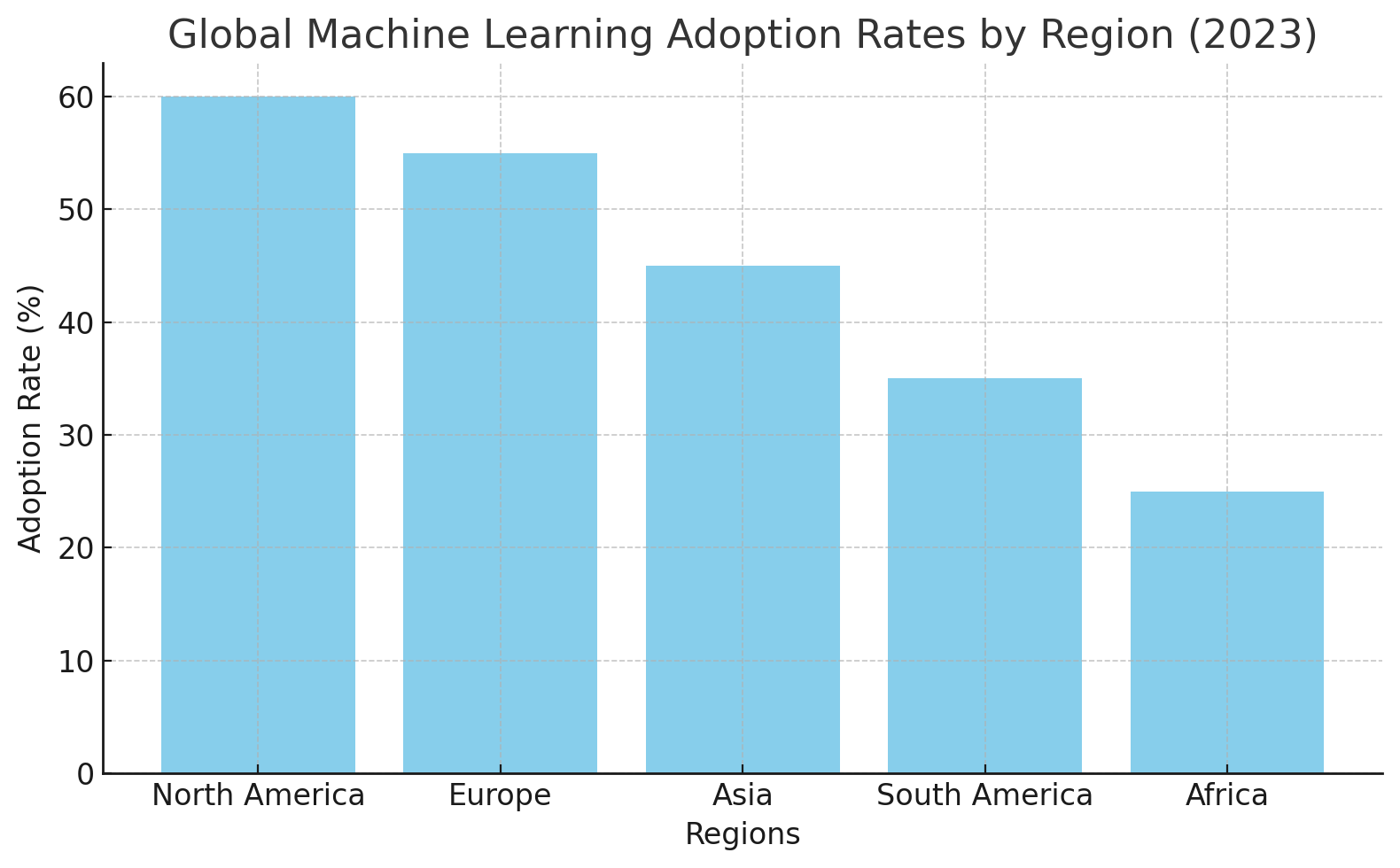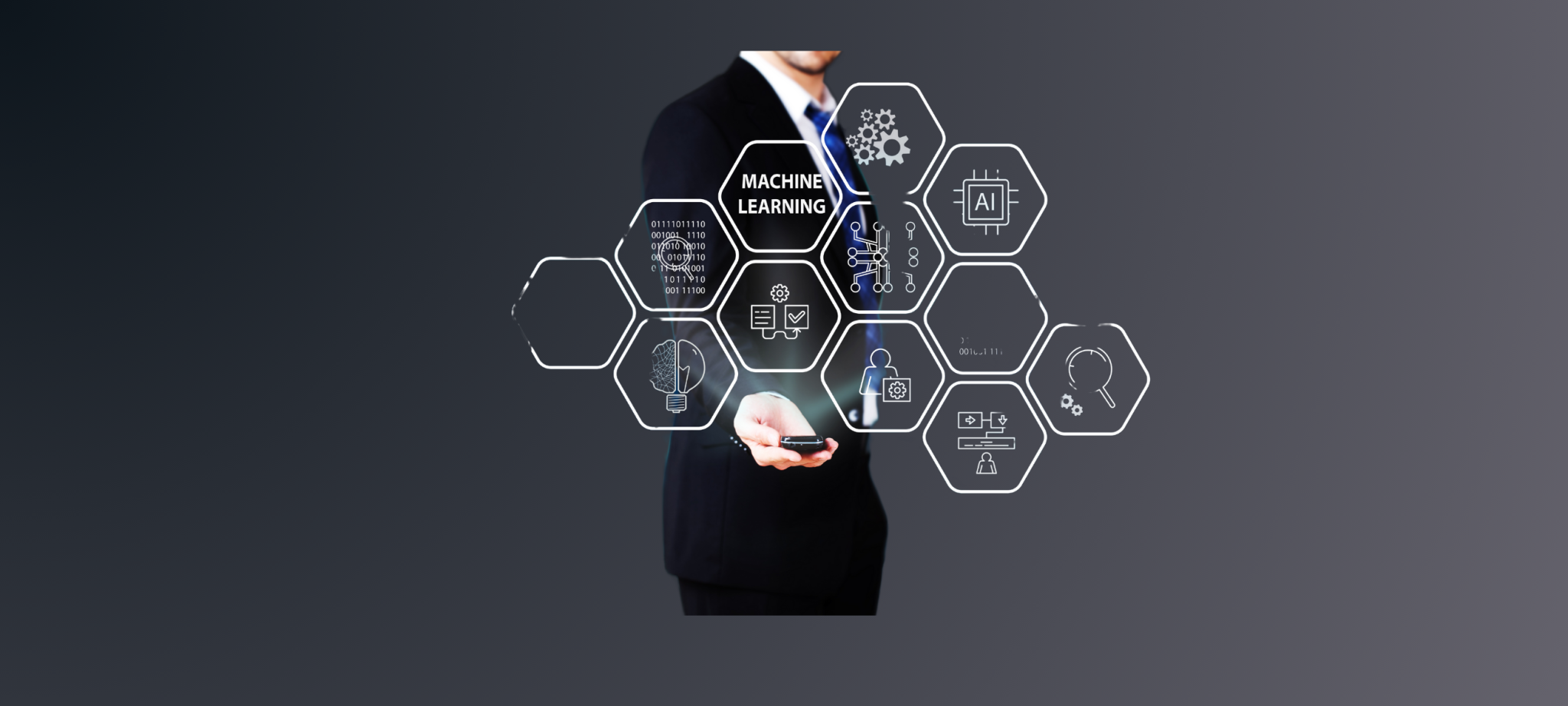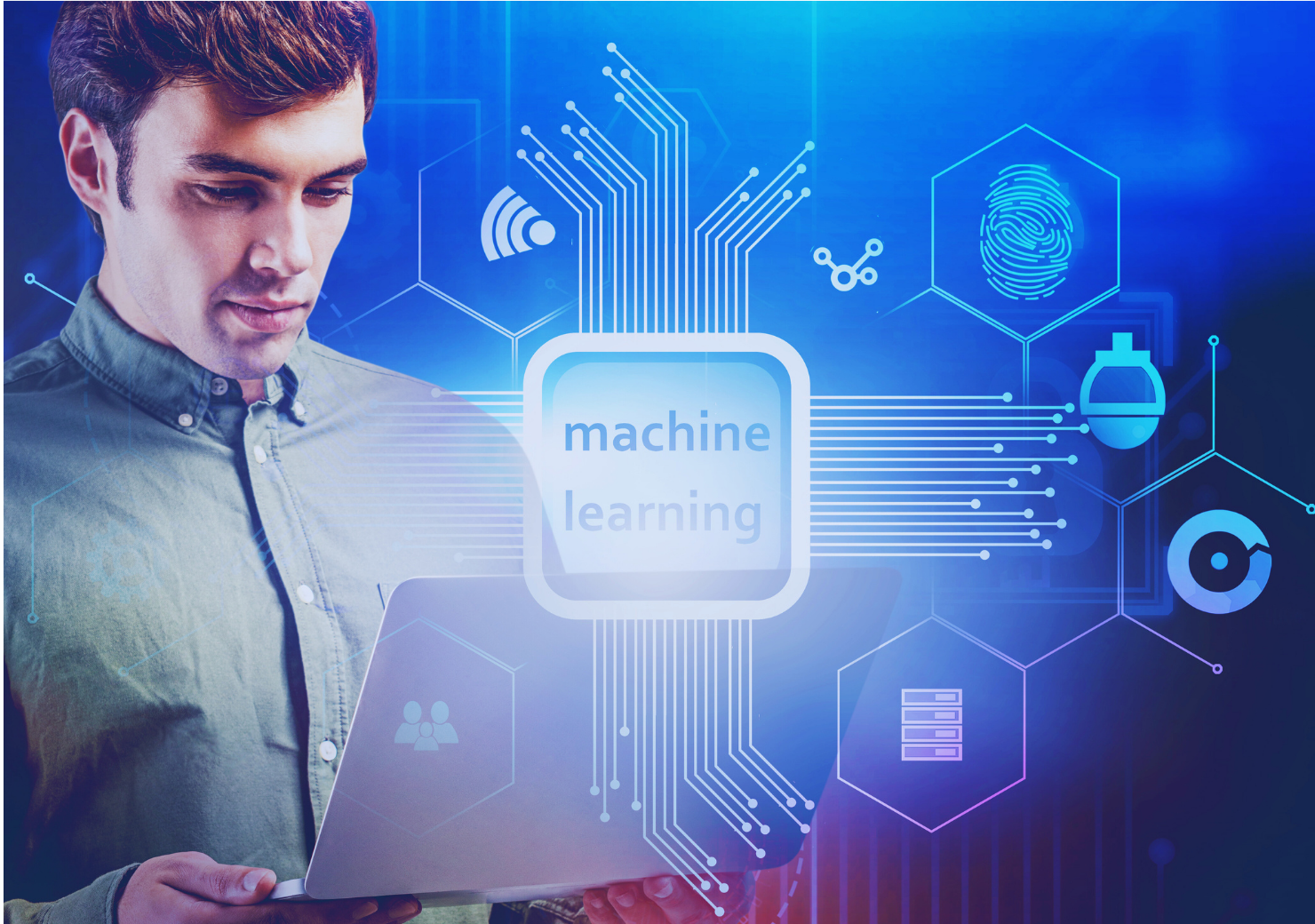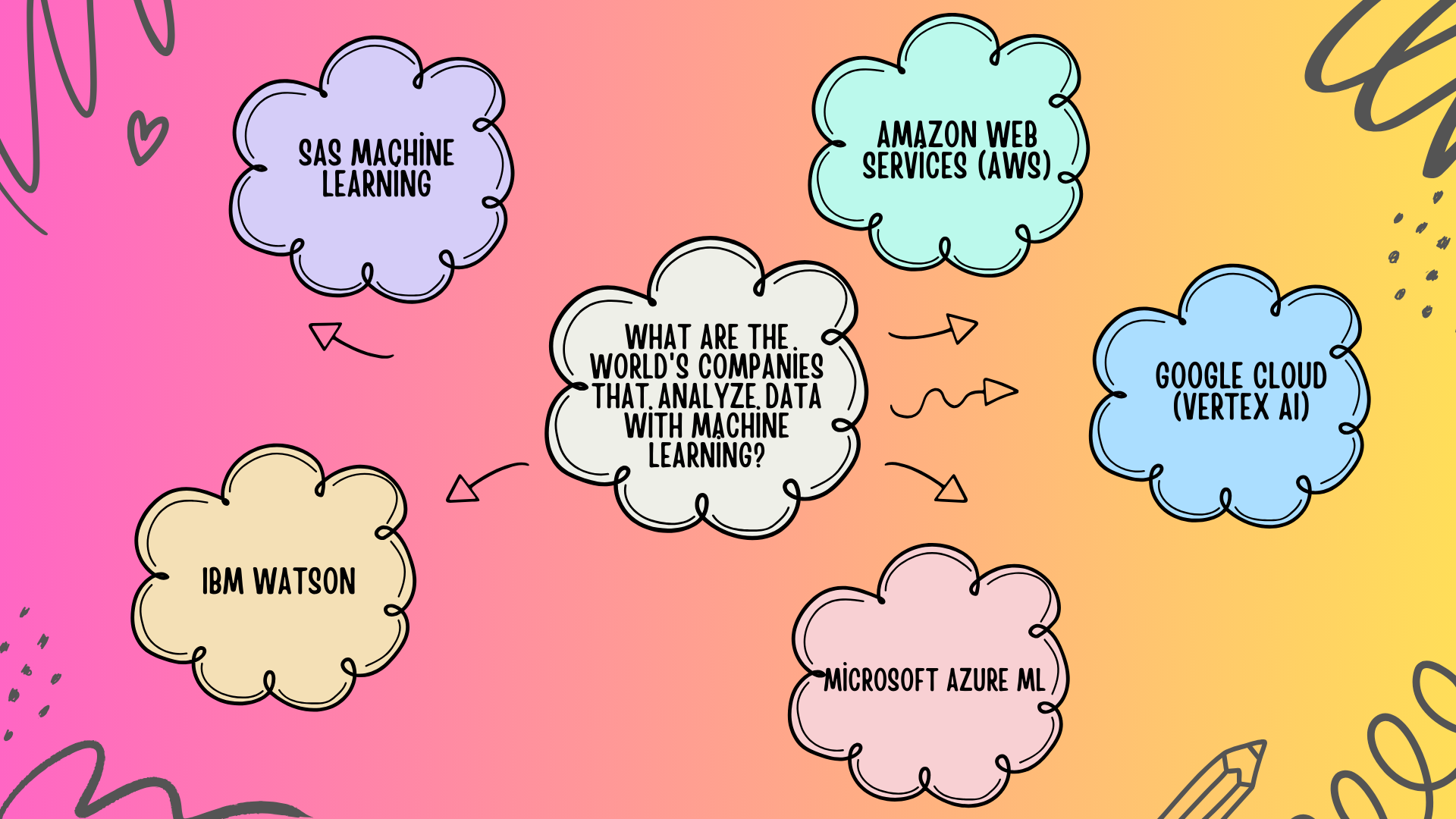Data has become one of the most powerful assets in the modern world. Especially for businesses, drawing meaningful conclusions from large data sets and making accurate decisions based on that data is a key element of success. However, as the volume of data increases and becomes more complex, traditional methods can become inadequate. This is where machine learning comes into play. Machine learning enhances data analysis processes, enabling faster and more accurate results. In this article, we will explore how machine learning has revolutionized data analysis and the opportunities it offers to businesses.
What is machine teaching?
Machine learning is a branch of artificial intelligence that allows computers to learn from data and make decisions without human intervention. Instead of being explicitly programmed to perform specific tasks, this technology enables computers to learn from data and make predictions or decisions based on experiences. Machine learning analyzes large amounts of data using algorithms, recognizes patterns, and makes predictions about future events based on this data. It has the ability to improve and adapt itself continuously by being fed with new data. It is used in many areas such as prediction, classification, data mining, and natural language processing, providing businesses the ability to make smarter and data-driven decisions.
How Does Machine Learning Impact Data Analysis?
Machine learning automates processes when analyzing data and allows for deeper interpretation of the data. As machines learn from large data sets, they can make more accurate predictions and untangle complex relationships. This enables businesses to make more strategic, data-driven decisions. For instance, an e-commerce company analyzing customer behavior can more accurately predict future purchasing trends.
Accelerates Complex Data Processing
Processing large amounts of data can be a time-consuming and difficult process. Especially tasks such as data cleaning, organizing, and analysis are prone to errors when done manually. Machine learning automates these complex processes, speeding them up and minimizing human errors. For example, a financial institution can use machine learning to quickly detect anomalies in transaction data, reducing the risk of fraud.
Provides Accurate and Reliable Predictions
Machine learning models analyze large amounts of data to make more accurate predictions about future trends and probabilities. This offers businesses significant advantages in adapting to market trends and foreseeing risks. For example, a manufacturing company can use machine learning algorithms to predict potential equipment failures in advance, which reduces costs and improves operational efficiency.
Uncovers Hidden Patterns
Traditional data analysis methods may fall short in detecting complex relationships and patterns in large data sets. Machine learning, on the other hand, is highly effective at revealing hidden patterns and trends in data. For example, in the retail sector, an algorithm that examines customer shopping habits can identify which product categories are more popular among certain customer segments. These insights allow marketing strategies to be applied more precisely and effectively.
Real-Time Analysis Capability
In today’s business world, the ability to make instant decisions is of great importance. Machine learning provides real-time data analysis, enabling businesses to act quickly. This feature plays a critical role in dynamic industries such as finance, healthcare, and retail. For instance, a banking system can monitor customer transactions in real-time and immediately detect suspicious activities, offering a significant advantage in preventing fraud.
Reduces Human Error and Automates Processes
Manual data analysis conducted by humans is prone to errors, especially when dealing with large volumes of data. However, machine learning algorithms automate these processes and provide more consistent results. For example, machine learning algorithms used in the healthcare sector can analyze large amounts of medical data to assist doctors in the diagnosis process. This helps prevent misdiagnoses caused by human error and improves treatment outcomes.
Offers Better Decision-Making Processes
Machine learning helps businesses make better decisions by leveraging insights derived from data. Predictive analytics enable businesses to foresee future opportunities and risks. For instance, an insurance company can make more accurate predictions about future claims based on customers’ past behaviors and risk profiles. This ensures that insurance policies are priced more accurately and fairly.
Optimizes Efficiency
Machine learning enhances the efficiency of data processing workflows. When working with large data sets, manual processes can be both time-consuming and exhausting. Machine learning algorithms speed up these processes and make them more efficient. For example, a logistics company can use machine learning to optimize delivery processes, reducing costs and shortening delivery times. This improves customer satisfaction and overall business performance.
What are the rates of use of machine learning around the world?
According to https://www.mckinsey.com/ data, the usage rates of machine learning around the world are as follows:

The adoption of machine learning has experienced significant growth globally, particularly in sectors such as healthcare, finance, e-commerce, and manufacturing. By 2023, it was estimated that nearly half of companies worldwide are incorporating machine learning into their operations in some capacity. North America and Europe continue to lead in the use of machine learning technologies, with adoption rates around 60% and 55% respectively. Meanwhile, Asia, especially China and India, have seen rapid growth, with an adoption rate close to 45%. Other regions like South America and Africa are also catching up, with adoption rates of 35% and 25%, respectively. As more industries recognize the benefits, machine learning is expected to be a driving force behind operational efficiency and innovation across the globe.
Machine learning systems continuously improve themselves as they are fed with new data and adapt to changing conditions. This provides businesses with the ability to keep pace with rapidly changing market dynamics. For instance, an e-commerce platform can continuously analyze customers’ purchasing behaviors and optimize its marketing strategies accordingly. This type of flexibility helps businesses gain a competitive advantage.
What are the world’s companies that analyze data with machine learning?
Many global companies are utilizing machine learning (ML) to enhance their data analysis capabilities, driving significant innovation across industries. Some prominent examples include:
Amazon Web Services (AWS): AWS offers its SageMaker platform, enabling businesses to build, train, and deploy machine learning models quickly. Companies like Netflix and Pinterest use SageMaker to optimize data-driven decisions, from customer behavior analysis to recommendation engines.

Google Cloud (Vertex AI): Google’s Vertex AI provides tools for building, deploying, and managing ML models. This platform supports companies like Twitter and Uber in processing large data sets and improving predictive capabilities for better customer service and operational efficiency.

Google’s CEO Sundar Pichai made a statement about PaLM project, one of the important projects in the field of machine learning for 2023:
“2023 was a year in which we made great strides in artificial intelligence and machine learning. One of our projects that reinforces Google’s leadership in this field is PaLM, the Pathways Language Model. Compared to previous language models, PaLM stands out as a model that is trained with a much larger dataset and exhibits superior performance in multiple tasks. This model has ushered in a new era of natural language processing challenges. The development of PaLM is part of our vision to realize an AI model that can work on multiple tasks simultaneously. This has led to revolutionary results in areas such as language processing, logical inference and creative content generation.
In particular, the Pathways architecture allows us to build more powerful and flexible AI solutions by increasing the ability of a model to learn from different types of data. This means more learning capacity with less data and energy. This allows us to build AI systems that are both greener and more effective. At Google, we believe that this kind of innovation has huge potential, not just technologically, but also socially and economically.”
Microsoft Azure ML: Microsoft Azure’s machine learning platform helps developers and data scientists build, deploy, and manage ML models. It is used by companies like Coca-Cola and Samsung to analyze complex datasets and drive decisions across supply chains and customer insights.

IBM Watson: IBM’s Watson AI is widely recognized for its use in healthcare, finance, and retail sectors. Watson Machine Learning is used by companies like Siemens and FICO to enhance predictive analytics, fraud detection, and personalized customer experiences.
SAS Machine Learning: SAS specializes in advanced analytics and AI. Its ML platform helps companies like CapitalOne and PWC optimize data analysis for risk management and operational improvement.
These companies use machine learning to automate data analysis, uncover patterns, make predictions, and gain deeper insights from their vast datasets, driving business decisions and improving operational efficiency globally
Machine learning is one of the most important technologies shaping the future of data analysis. Its ability to process complex data sets, make accurate predictions, and minimize human errors provides significant benefits to businesses. Furthermore, its continuous learning capacity ensures that machine learning will become even more crucial in the future. The automation and optimization of data analysis allow businesses to operate more efficiently and profitably. Therefore, the integration of machine learning and data analysis stands out as a critical success factor in the modern business world.




